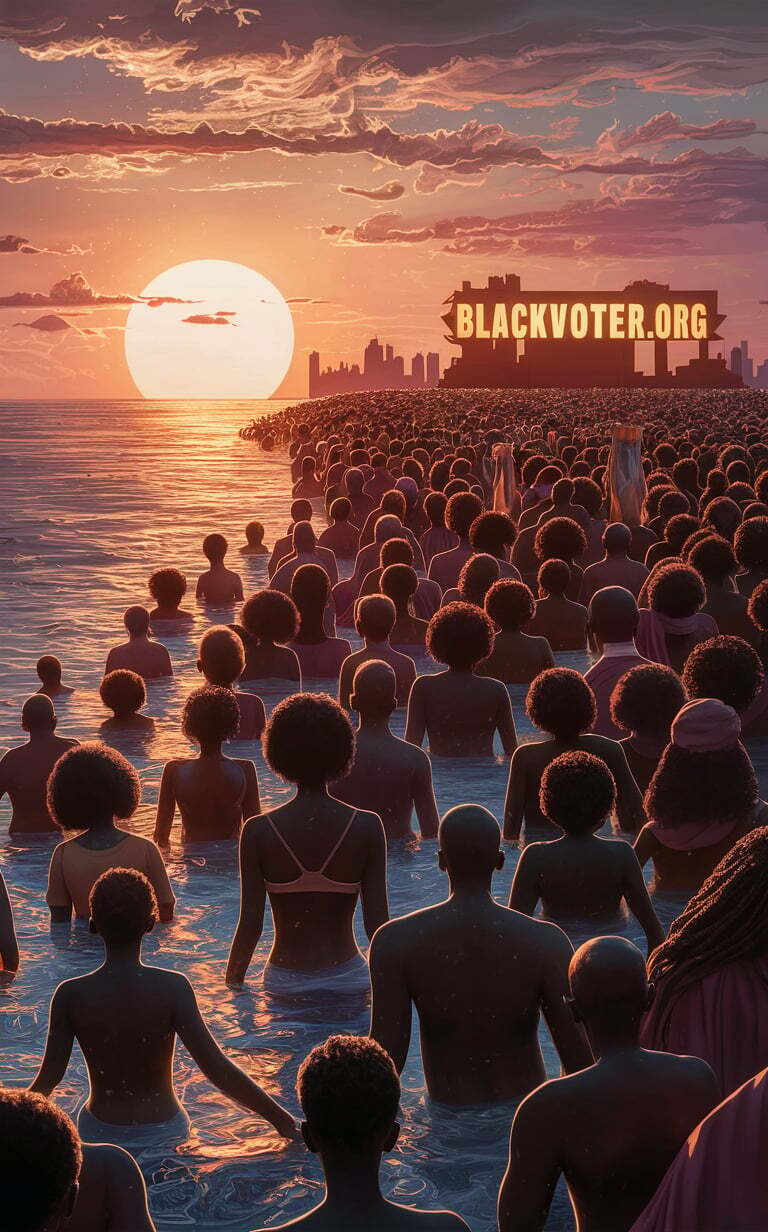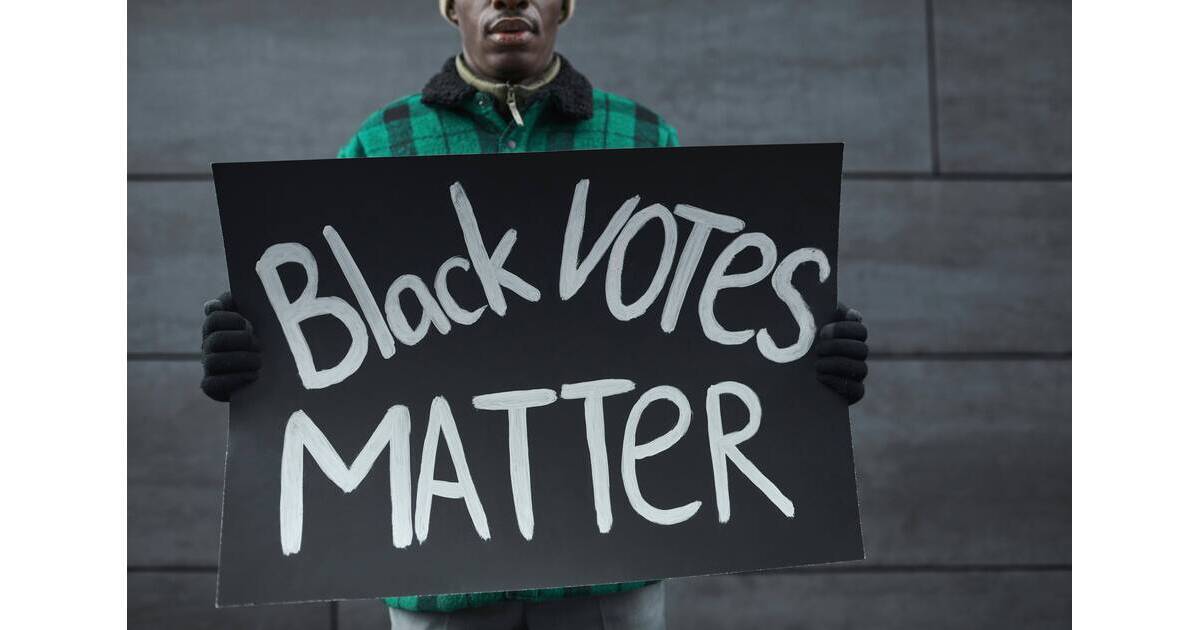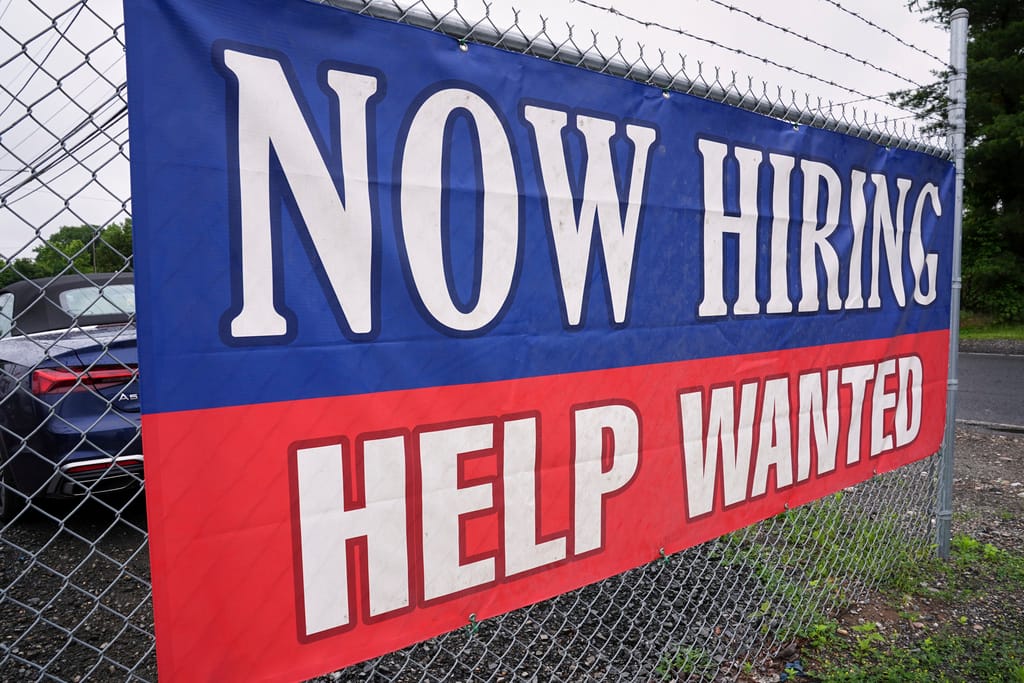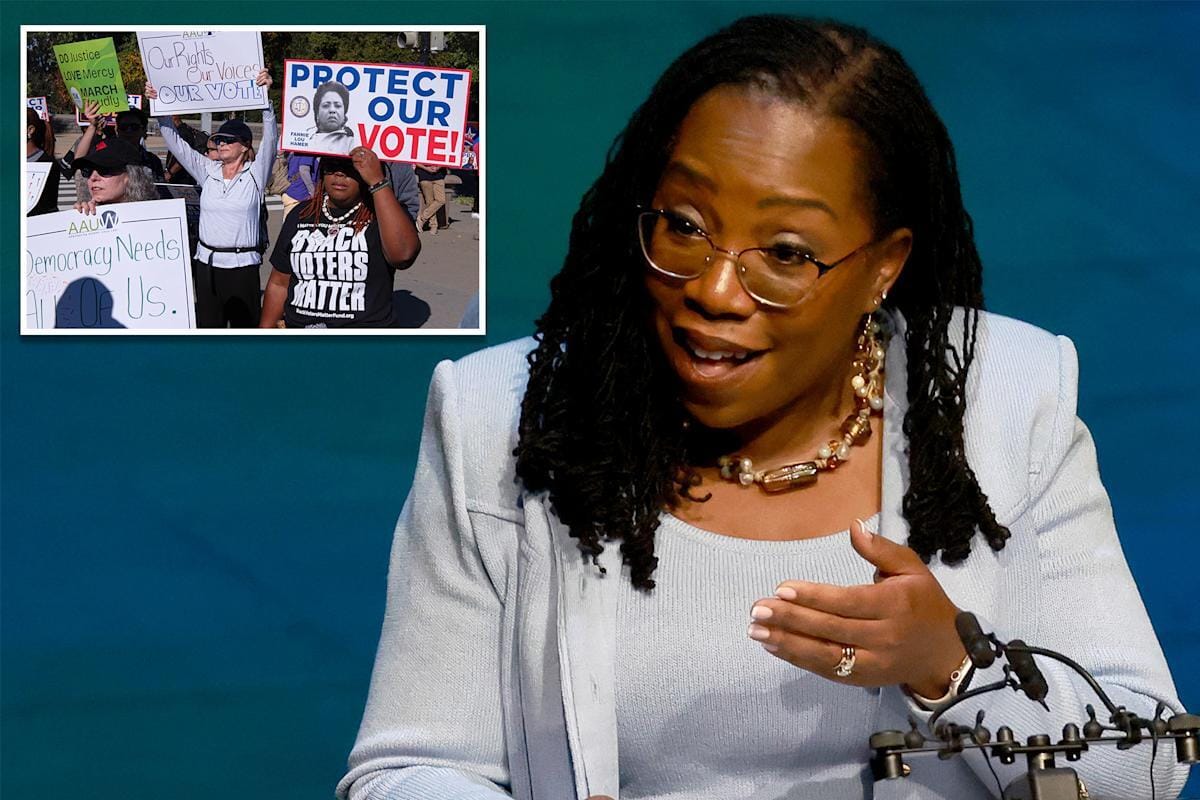- BlackVoter.Org
- Posts
- BlackVoter.Org
BlackVoter.Org


In a fervent bid to stoke Democratic turnout in Virginia and New Jersey, former President Barack Obama unleashed a scathing criticism of Donald Trump, calling for voters to reject candidates loyal to a president he described as "lawless" and "reckless." With midterms looming, Obama's appearances contrasted sharply with Trump's absence, underscoring a GOP struggling to distance itself from the former leader's polarizing presence.
While Trump indulged in luxury at his Mar-a-Lago estate, Obama urged voters to “set a glorious example for the nation,” framing the elections as a crucial referendum on Trump’s “autocratic impulses.” The Democrats’ gubernatorial candidates, Abigail Spanberger and Mikie Sherrill, echoed this sentiment, positioning themselves against the chaotic legacy of a Trump-led GOP.
Meanwhile, Republicans, lacking a strong defense of their figurehead, attempted to focus on local issues, revealing a party stuck between its extremist base and the broader electorate disenchanted by Trump’s antics.


In a provocative critique, Raynard Jackson argues that Black entrepreneurs are sabotaging their own success by ignoring the political landscape while falsely blaming systemic racism. After meeting with high-profile Black businessmen, Jackson was shocked by their naivety regarding political connections and strategies vital for business growth.
He claims these entrepreneurs, despite their financial success, lack sophistication in leveraging relationships that can elevate their ventures. Instead of recognizing the unprecedented opportunities created under the Trump administration, they remain entrenched in a victim mentality, attributing their failures to outside forces rather than their own shortcomings.
Jackson's blunt assessment suggests that as long as Black business leaders fail to engage politically and expand their networks beyond comfortable circles, they will continue to be their own worst enemies, stuck in outdated paradigms in a fast-evolving business environment.

In a world rife with debates over Diversity, Equity, and Inclusion (DEI) and banning critical race theory, Josh Friedberg's list of life-altering African American studies texts is a bold stand against ignorance. His article challenges the white supremacist narratives that plague society, urging readers to confront their own biases.
While some may argue that such readings aren't essential for education, Friedberg insists they are critical for understanding the societal impacts of race. He presents a personal but non-canonical selection of texts, illustrating how revisiting themes like slavery and mass incarceration can reshape perspectives.
Sure, not everyone will agree, but in an age where learning about racial justice faces backlash, Friedberg's unabashed advocacy for African American studies is a necessary provocation. It’s time to awaken from ignorance and face uncomfortable truths—after all, race may be a social construct, but its ramifications are profoundly real.

The article "Voting Is Not a Luxury, It’s a Necessity" argues fervently that engaging in the electoral process is not just a right but an essential duty of citizenship. It highlights how complacency and apathy among voters undermine democracy, suggesting that many take this privilege for granted.
The author chastises those who abstain from voting, labeling them as complacent citizens who allow their voices to be silenced. By presenting voting as a non-negotiable civic obligation, the article provokes discomfort around the notion that many prioritize trivial pursuits over shaping their future through ballots.
It challenges readers to reconsider their responsibility in a system that can be easily manipulated by a lack of participation. Ultimately, it positions voting not as an option, but as an imperative, stirring the debate over civic engagement and the moral duty to influence the direction of governance.

The article aggressively condemns the entrenched systems of racism and disenfranchisement faced by Black Americans throughout U.S.
history, portraying the white political elite as continuously scheming to undermine their voting rights. It derides the notion of American democracy as a sham for many, highlighting the brutal tactics employed—including intimidation and outright violence—against Black voters.
With the Republican Party, particularly under the leadership of Governor Ron DeSantis, now emboldened to manipulate electoral districts in their favor, the piece warns of a dangerous trajectory toward one-party rule, effectively erasing minority representation. This is framed as not just an attack on voting rights but as an existential threat that could lock in the power dynamics for generations.
The article paints a bleak picture, asserting that current political maneuvers are not just regressive but constitute a systematic battle against the very principles of democracy, leaving Black and brown citizens facing a grim future of disenfranchisement.

In a provocative examination, Dr. Allison Wiltz argues that the pervasive myth that food stamps primarily benefit Black individuals is fueled by deep-seated anti-Black racism.
Despite the social safety net's potential to aid diverse communities, many white Americans cling to harmful stereotypes linking poverty to Blackness. This misguided perception, amplified by biased media and societal narratives, skews public support for welfare programs.
Research underscores that white racial resentment directly correlates with opposition to policies perceived as advantageous to Black individuals. Consequently, this prejudice undermines collective welfare, perpetuating systems of inequality.
In a society that professes to uphold equality, the uncomfortable truth remains: white discomfort with Black advancement directly translates into political resistance, stifling necessary reforms for all marginalized groups. Wiltz's insights challenge us to confront these uncomfortable realities, questioning why societal benefits are still viewed through a racially tinted lens.

The alarming rise in the unemployment rate for Black Americans, now at a staggering 7.5%, reveals a stark reality: systemic inequities persist in the job market, leaving this demographic struggling more than ever.
While white Americans enjoy an unemployment rate of just 3.7%, the pain for Black workers is not just statistical—it's a reflection of longstanding disparities exacerbated by recent economic shifts.
Experts point to cuts in key industries where Black workers are disproportionately employed, signaling a blatant disregard for the economic health of marginalized communities. It’s appalling that young Black individuals face an unemployment rate exceeding 10%, more than double the national average for their age group.
These figures should ignite outrage, highlighting the urgent need for accountability and intervention, rather than allowing complacency to prevail as we skirt around the truth of economic inequality in America.

Justice Ketanji Brown Jackson's defense of race-based redistricting has sparked a fierce debate about its implications for democracy. In a shocking comparison, she likened minority voters encountering systemic barriers to disabled individuals needing building access under the Americans with Disabilities Act (ADA).
This controversial analogy suggests that racial discrimination in voting is so ingrained that race-conscious remedies are akin to basic accessibility measures. Critics, however, argue that this viewpoint dangerously stereotypes voters based on race, undermining the principle of individual representation.
As conservative justices on the Supreme Court signal a desire to limit race-based districting, Jackson’s position raises unsettling questions: Is she arguing for justice or inviting further division? While she posits that the Voting Rights Act demands rectification of historical voting inequities, her approach risks entrenching racial identities instead of fostering true equality. The contentious nature of her remarks indicates a deep divide over how America grapples with race and representation in the political arena.